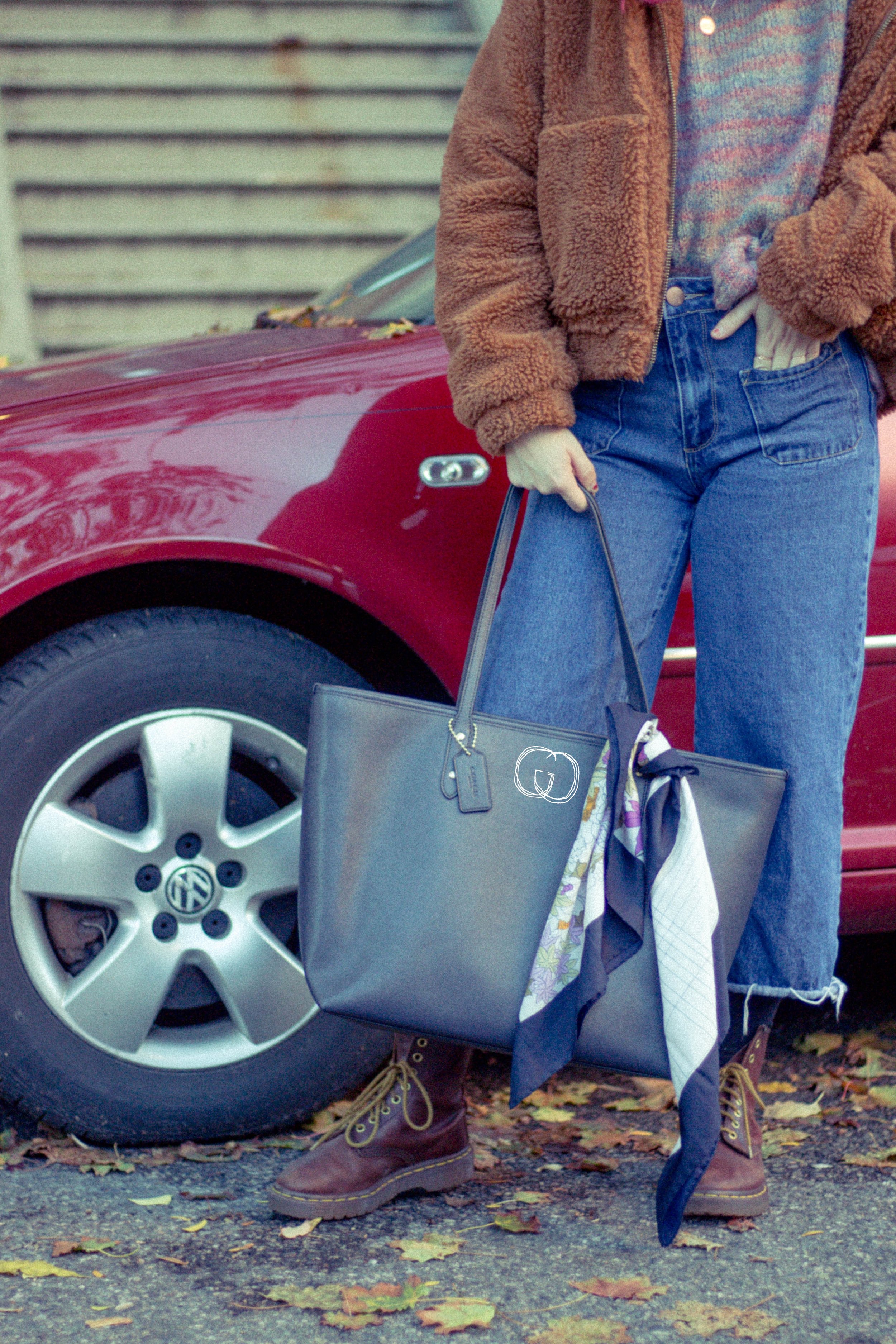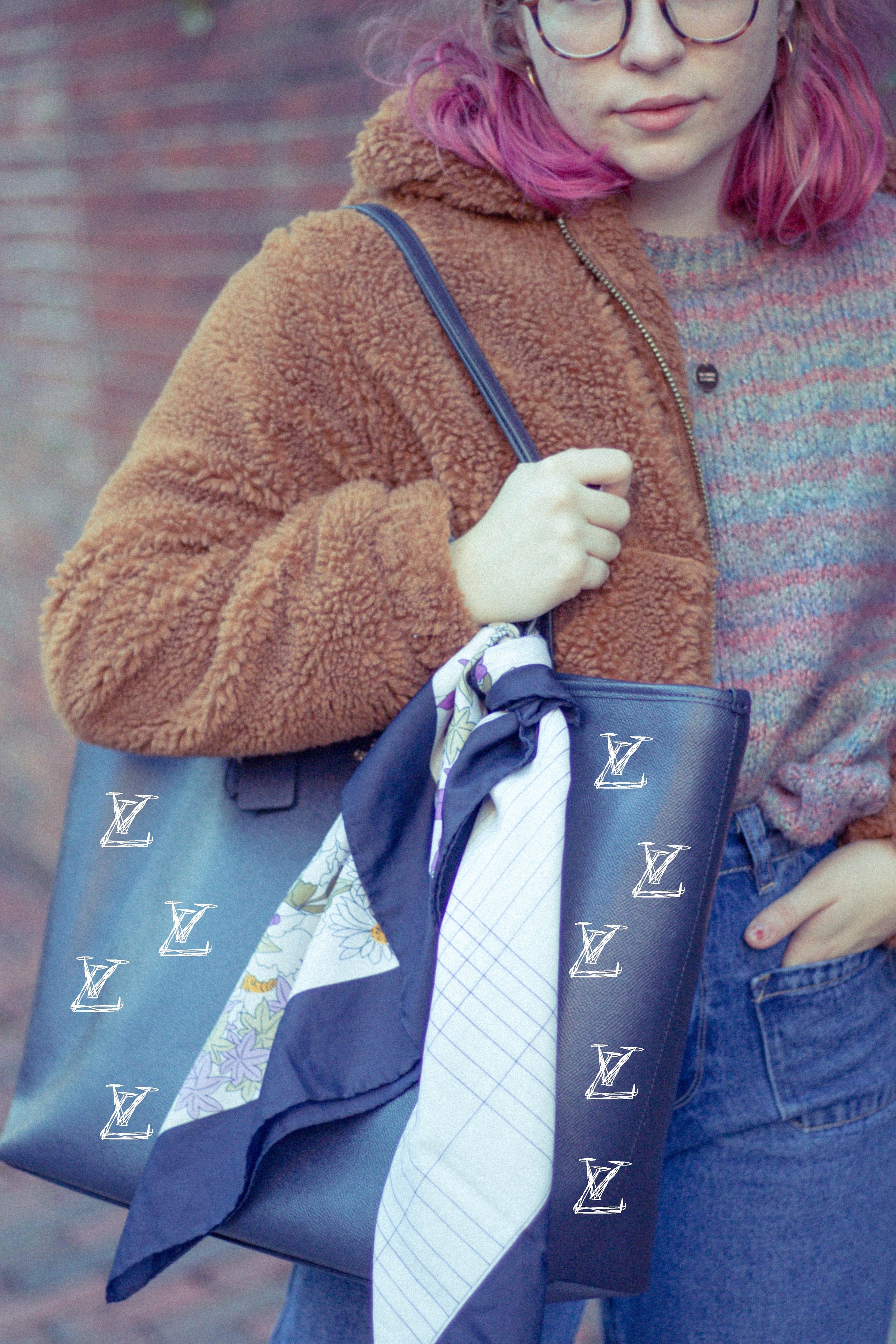Fashion Knockoffs
by Diti Kohli
It’s no secret that a lot of people are committed to looking fashionable at a fraction of the cost. With the increasing cost of living, college tuition, and other expenses, almost everyone wants to be “bougie on a budget”—a popularized term used to describe attaining a high-fashion look affordably. It’s undeniable that this mentality is linked to the growth of the counterfeit fashion industry around the world.
Counterfeit products are imitations of luxury goods, made with the intention of being passed off as genuine. It’s currently estimated to be a nearly 500 billion dollar industry
Photos by Mariely Torres-Ojeda
“Fake” fashion thrives and profits in two hemispheres: bustling streets in big cities and online. In populated cities, these goods are sold in stalls that melt away after making their money. Some cities even have centralized areas to sell counterfeit products like New York’s infamous Canal Street. But, as our world becomes more technologically dependent, websites like DHGate and Great Mall are transforming into hubs for knock-off goods. Rolex lookalikes sell anywhere between seven and a hundred dollars on DHGate, compared to the company’s usual multiple thousand dollar price tag.
This industry caters to both the ignorant and the clever. Occasionally, buyers are fooled by the low price tag, believing that they’re snagging an incredible deal on a genuine product. Kissie Yu is a international student from China, where counterfeit fashion is increasingly becoming a part of young adult culture. She fell victim to this problem. “I went to a shop and bought a purchase for just five [U.S.] dollars,” she said. “I brought it class and one of my classmates told me that it was a fake of Off-White.” Off-White is an Italian streetwear and luxury fashion label.
However, those with the extreme “bougie on a budget” mentalities buy counterfeit goods intentionally to supplement their affordable shopping addictions. They are aware that they are fakes and are willing to pay the low price to tote around a sham Louis Vuitton bag. Yu says that these people buy knockoff products to adopt a wealthy persona: “You can pretend to be rich. And how to pretend? Just buy fake things.”
The clever are responsible for the growth of the industry. In a world driven by materialism and status, this group undermines luxury fashion culture for their personal gain. They manipulate society’s attraction to the wealthy. “All people say I don’t care if you’re rich, blah blah blah, but when it comes to the real thing, if a rich person and a poor person are standing in front of you and you don’t know them from before, you will want to talk more with the rich person,” says Yu.
Luxury labels and police continue to work to end counterfeit culture, but its breadth is too wide. The baton instead is passed to the hand of the consumer. Buyers are left to contemplate the integrity of their fashion choices, and choose how much they’re really willing to give up to look good.




